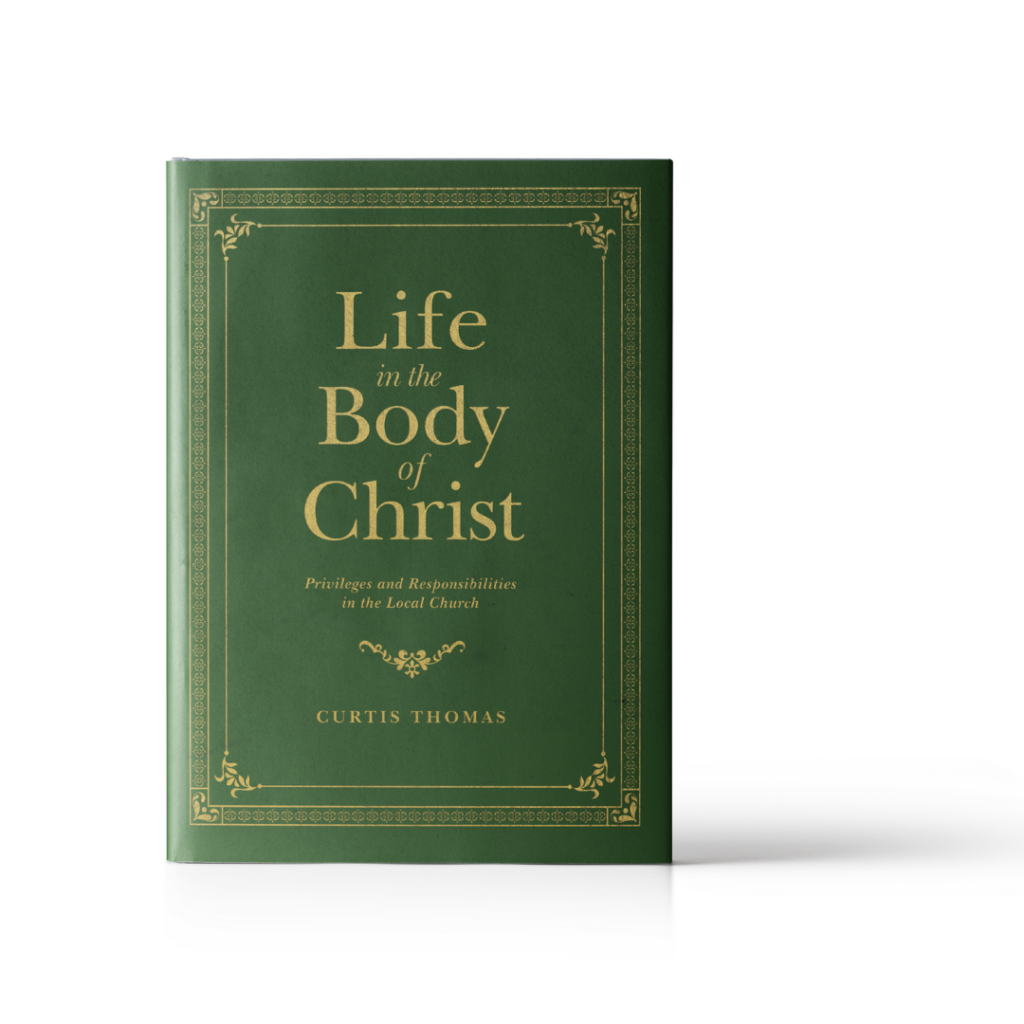“… and how from infancy you have known the holy Scriptures, which are able to make you wise for salvation through faith in Christ Jesus. All Scripture is God-breathed and is useful for teaching, rebuking, correction, and training in righteousness….” (2 Timothy 3:15–16).
The apostle Paul is now in his final imprisonment in Rome, awaiting his execution. He writes to young Timothy to fan into flame the gift God had given him, to hold firm to the faith, to beware of false teachers and to preach the Word in season and out of season. He reminds Timothy that he had been brought up in the Scriptures by his grandmother, Lois and his mother, Eunice (see 2 Timothy 1:5). As Paul is about to pass off the scene, he passes the torch on to Timothy, the young man whom he describes as one who looks not after his own interests but those of others, knowing that he has a genuine interest in the spiritual welfare of the believers (see Philippians 2:19–23). Paul says he has no one else like Timothy. What a tremendous commendation coming from the great apostle Paul!
How did Timothy achieve such a glowing recommendation from this great apostle? While Paul certainly had much to do with it (as he took Timothy along on his journeys, teaching and modeling Christianity before him), Timothy’s spiritual foundation began in his own home, as his grandmother and mother taught him the Scriptures. They had to have been thoroughly acquainted with the inspired Word of God (the Old Testament), which was able to teach, rebuke, correct and train one in righteousness.
While churches, Bible colleges and seminaries are very useful, the training must begin at home. And that requires those of us who are parents to know the Bible ourselves if we are to pass God’s Word on to our children. We can’t depend solely upon the pastors, Sunday School teachers and others to train our families. That is our responsibility. And we cannot carry out that responsibility unless we, ourselves, are in the Word regularly.
There are many ways to study the Word of God. But here are some rather simple suggestions in case you have not embarked upon a program to thoroughly acquaint yourself with the Bible:
• Make sure that you own both a literal translation and a good paraphrase of the Scriptures.
• Build yourself a basic library of Bible helps
• Plan to read the Bible through, from Genesis to Revelation, at least once a year. There are 1189 chapters in the Bible; covering approximately 3 chapters a day will get you through the Bible in a year. You may have time to go through it more than once a year.
• Choose an Old Testament book and a New Testament book in which to specialize each year. For the first year, I would recommend Genesis and either John or Romans.
• Read those two portions of the Bible over and over during the year. Once you think that you have a good grasp of what is in them, try to make your own outline of the contents.
• After you have gone through them a number of times and have completed your own outline, then begin to use some helps as follows:
√ Read through a Bible survey which summarizes these books.
√ Choose a good commentary to read on each book.
√ Consult language helps on many of the important words the biblical writers use.
√ Use a Bible handbook, a Bible Dictionary, a good Bible Atlas and a Bible encyclopedia to help you further understand names, events, doctrines, etc.
• Write down the general applications you have gleaned from your study of these passages. Then from that list, choose those applications on which you most need to work in your own life.
• Pay close attention to the context of each section or verse, always interpreting and applying a passage based on its context (otherwise, you may be interpreting the passage to teach one thing, whereas it may be teaching something totally different).
• Remember that Scripture is its own best interpreter. Compare other passages of Scripture where the subjects under study are being discussed.
• After you have completed your study of these two portions of Scripture, talk with others about what you have learned, to help ensure you have not gone astray on some issue.
• Then, next year start the cycle all over again, reading through the Bible verse by verse and then choosing another Old Testament and a New Testament book to study.
• Try to select a time of each day, when you are least distracted and most fresh, and commit yourself to a regular program of study.
• Do not attempt to go so fast that you skip right over important sections of the Bible.
You will be pleasantly surprised at how quickly you will become familiar with the Bible. While it will be tempting to initially choose a book like Revelation or Daniel, that is probably not a good place to start, especially if you are a new student in God’s Word.
The Bible is a divinely inspired, inerrant and authoritative book and is truly useful and profitable for teaching, rebuking, correcting and training ourselves in righteousness. If we want sound, God-honoring churches we, the members, must be acquainted with the Scriptures. We cannot pass on the responsibility to our church leadership. Just as they must shepherd us so that we can carry out our individual ministries, we have an obligation to make certain that our churches and their leaders teach the Word of God accurately, requiring us to properly obey that Word.
Our most serious obligation is to our families, to bring them up in the fear and instruction of the Lord (Deuteronomy 6:4–9; Ephesians 6:4; Colossians 3:16). We cannot do that if we, ourselves, are not in the Word regularly.
Application
For Individuals:
1. Do you have a regular Bible study plan? Is it working?
2. Make an inventory of the helps you currently have and those which you need.
3. You may want to ask your spouse, or another person, to consider staying on the same track with you so that you will have another person with whom to talk regularly as you study portions of the Word.
4. Keep in mind that the purpose of your study is not just to fill your head with knowledge, but rather to train yourself in obedience.
5. God is His own interpreter. Pray regularly for His help in arriving at His truth.
For Groups:
1. Discuss the methods of Bible study which each of you has found helpful.
2. Which translations do you use and why?
3. Which Bible study tools have you found to be particularly useful?
Meditation
Prayerfully think through the meaning and implications of 1 Timothy 4:1-5 and Revelation 22:18-20.

This article is an excerpt from Curtis Thomas’ book – Life in the Body of Christ: Privileges and Responsibilities in the Local Church. A new hardcover edition is now available for order at press.founders.org





















